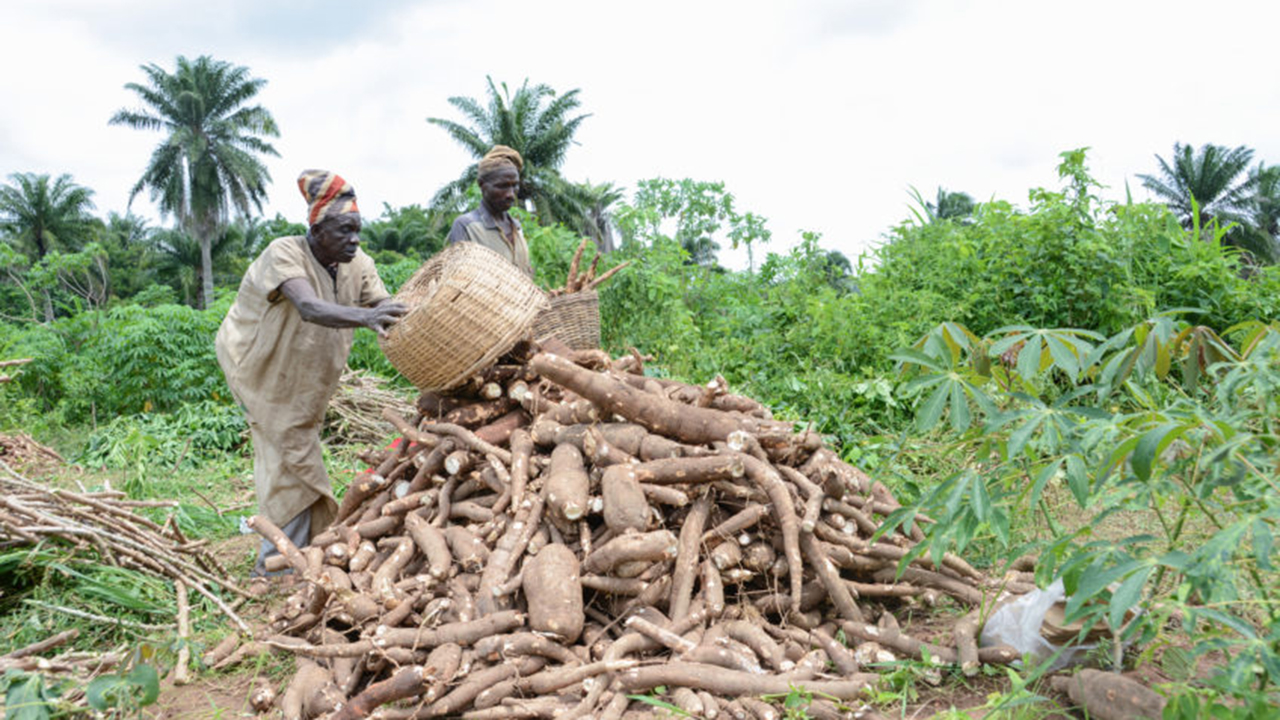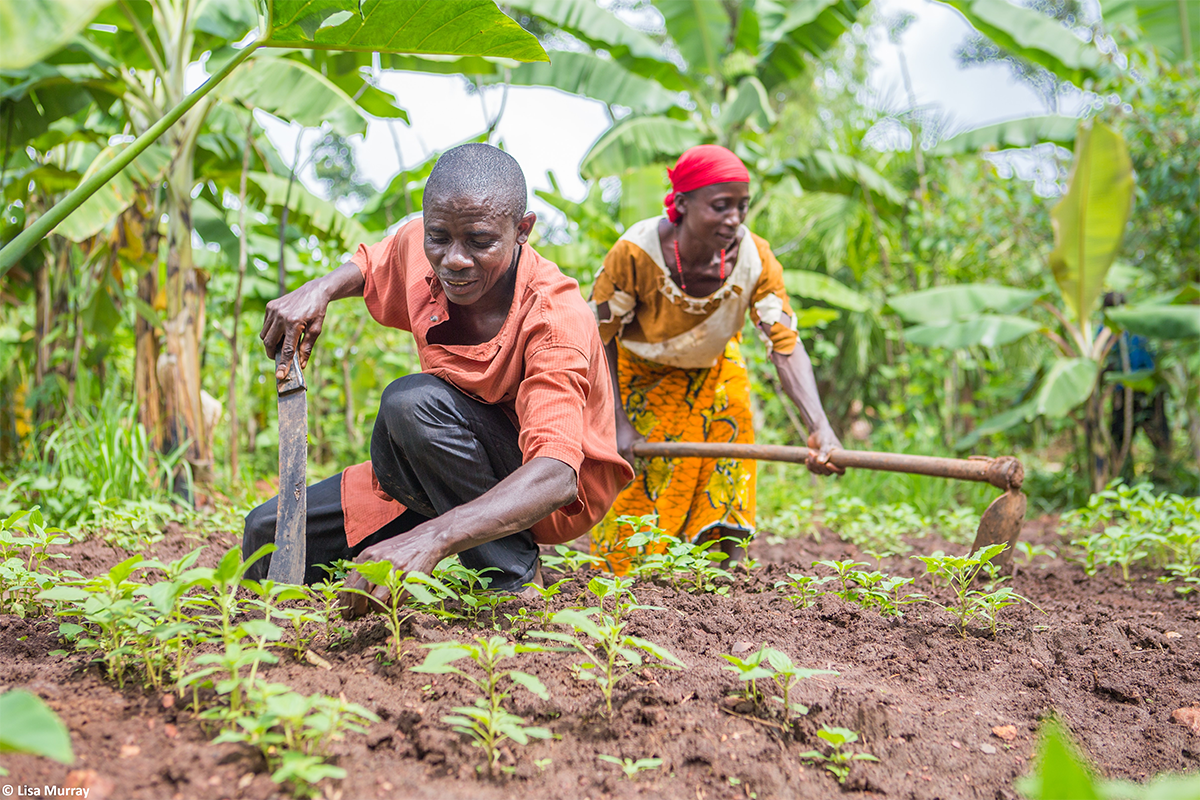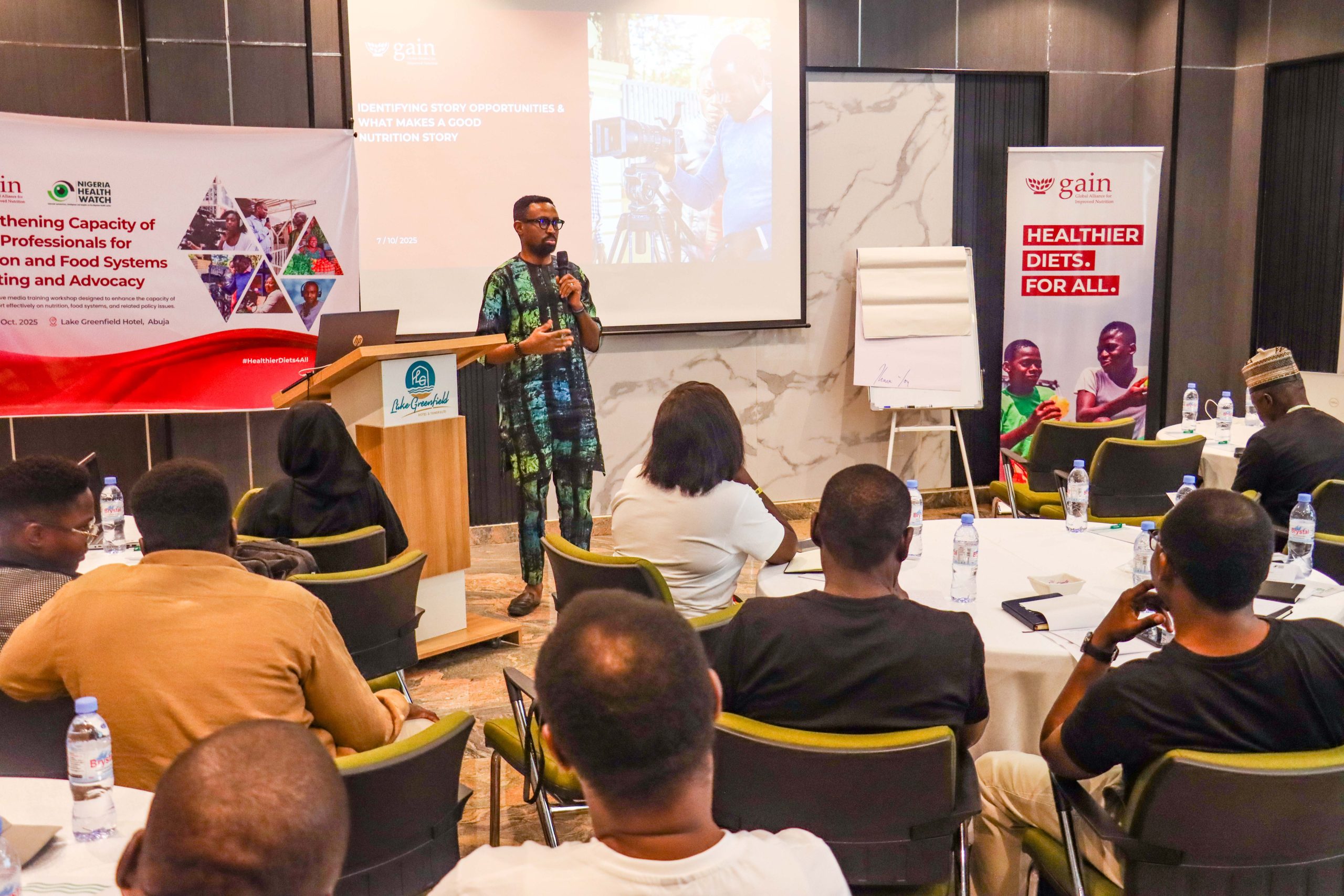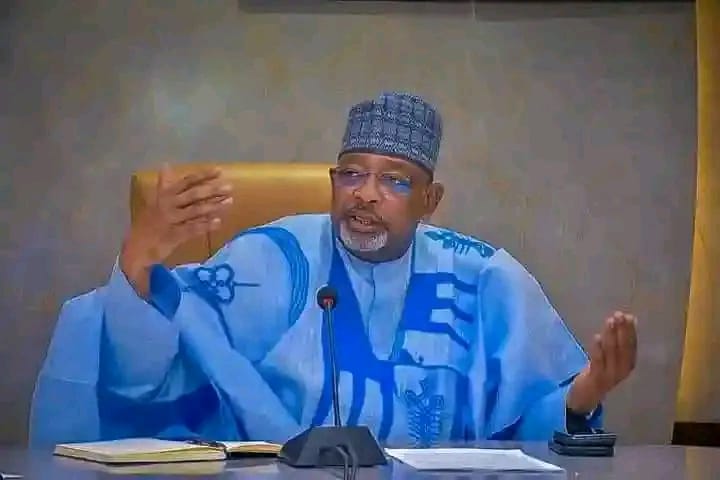In a bid to ensure that Nigeria’s farming methods and practices align with nature, policy makers in the agricultural sector have advocated the need for farmers to continue to embrace innovation from precision agriculture to responsible input use.
The stakeholders, who made the call at the second edition of the Nigeria Sustainable Agriculture Conference (NASC) in Lagos, with the theme: “Sustaining Ecology for Food Production, The Role of Food Producers, Agri-Investors, and Policymakers,” noted that as the frontline stewards of the country’s farmland, their traditional knowledge, combined with modern, sustainable practices, is the key to a flourishing tomorrow.
The Lead Strategist, FutuX Agri-consult Limited, Babatunde Olarewaju, in his opening speech, said as Nigeria, a nation blessed with vast agricultural potential faces a stark reality, her population is projected to reach over 400 million by 2050, demanding a staggering increase in food production.
“Yet, our ecological foundation is under immense pressure. The United Nations Convention to Combat Desertification (UNCCD) reported about 21.07 million hectares of degraded land in 2019, which constitutes about 23.41 per cent of the total land area.
“Six years later, the situation has worsened due to unsustainable practices and a changing climate. We witness firsthand the impacts of erratic rainfall, prolonged droughts, and devastating floods in both the Northern and Southern regions, directly affecting the yields and livelihoods of our hardworking farmers.
“Despite our potential, Nigeria still spends billions yearly on food imports, underscoring a critical gap in our domestic capacity and resilience. The production capacity is not merely an economic challenge: it is a human issue. Our smallholder farmers, the custodians of our land and the backbone of our food system, bear the brunt of these ecological shocks. Their resilience passed down through generations, is being stretched to its limit. But in this challenge lies our greatest opportunity,” he said.
Olarewaju, said the future of agriculture is within the grasp of the country, and demands the collective ingenuity and unwavering commitment of every stakeholder, noting that there are vital roles that must be played.
Firstly, our food producers – the farmers, you are the frontline stewards of our farmland. “Secondly, our Agri-investors, your capital is the engine of growth, but the nature of that investment must evolve.”
He mentioned that the policymakers are the third, because they hold the power to craft the regulatory landscape that either nurtures or stifles the country’s collective efforts. “For too long, policy has sometimes lagged behind the urgent ecological realities our farmers face daily. Our on-the-ground experience in guiding farms to sustainable food production and implementing various food safety systems gives us a unique vantage point.”
In her presentation, titled: “Addressing Challenges of Food Security in Nigeria: The Role of Food Producers, Agri-investors, and Policy Makers, the CEO/Country Representative, AFOS Foundation Nigeria, Mrs Juliet Adekoya, represented by Moses Olatunji, said at this time when global food system are under increasing pressure from climate change, population growth, geopolitical conflict, and resource constraint, the need for resilient and inclusive system has never been more urgent.
She said: “Sustainable food system is a system that delivers food security and nutrition without compromising environmental, social, or economic foundations. Sustainable food systems are not built by chance to achieve food security, economic liquidity, and environmental sustainability.
“For the food producers, these are farmers, cooperatives, and agribusinesses who have the backbone of any food system. Their roles go far beyond conservation. They are the custodians of our natural resources, innovators, and market players….”






